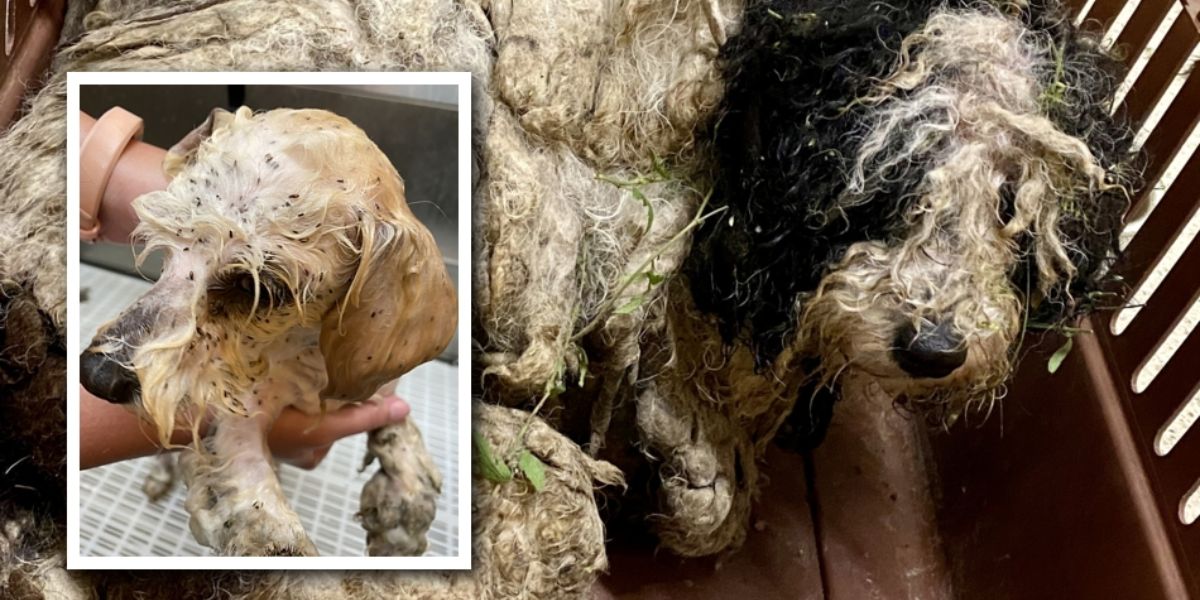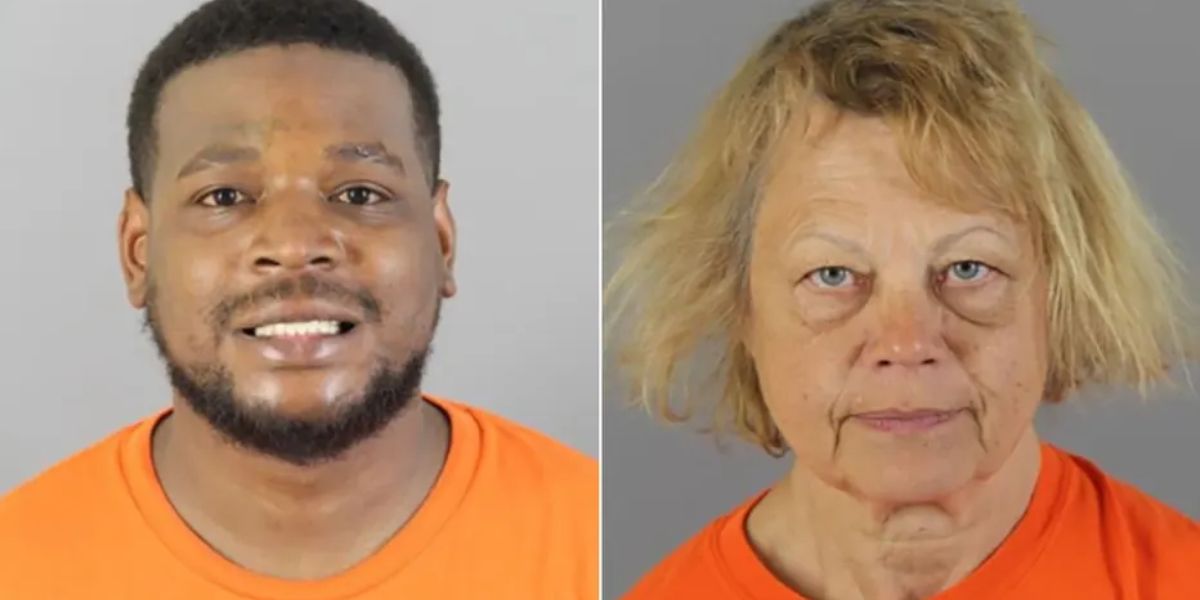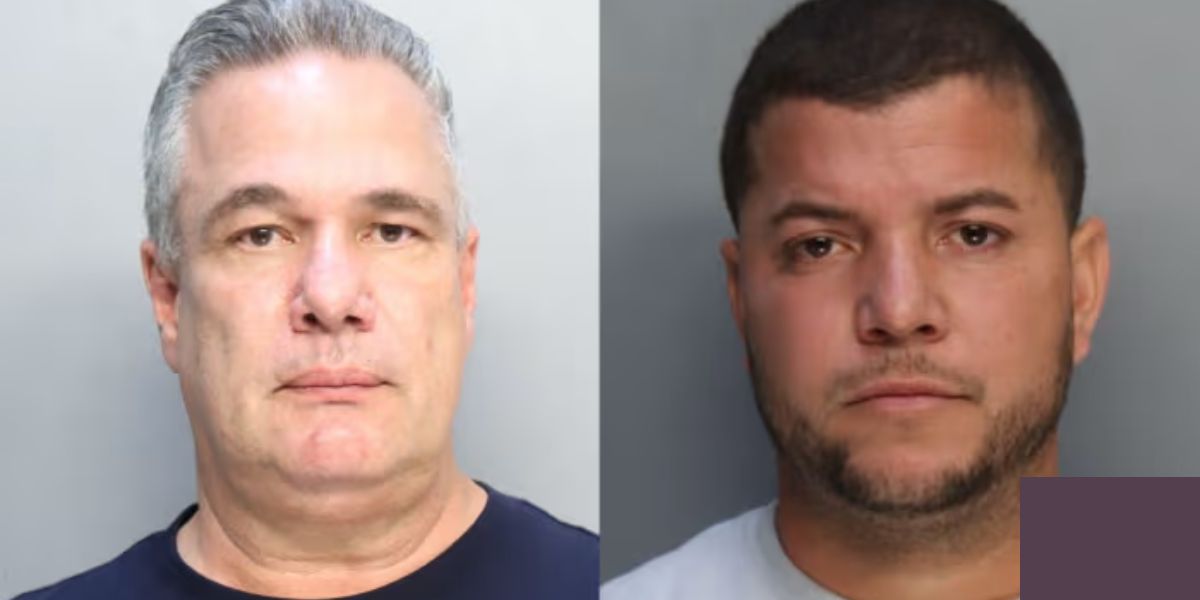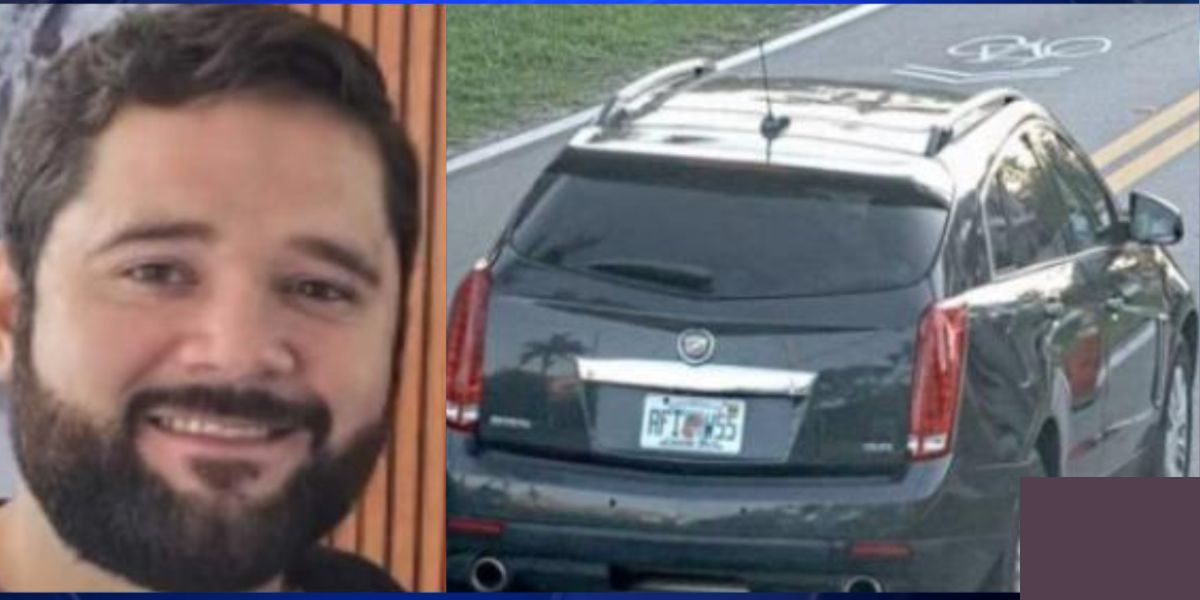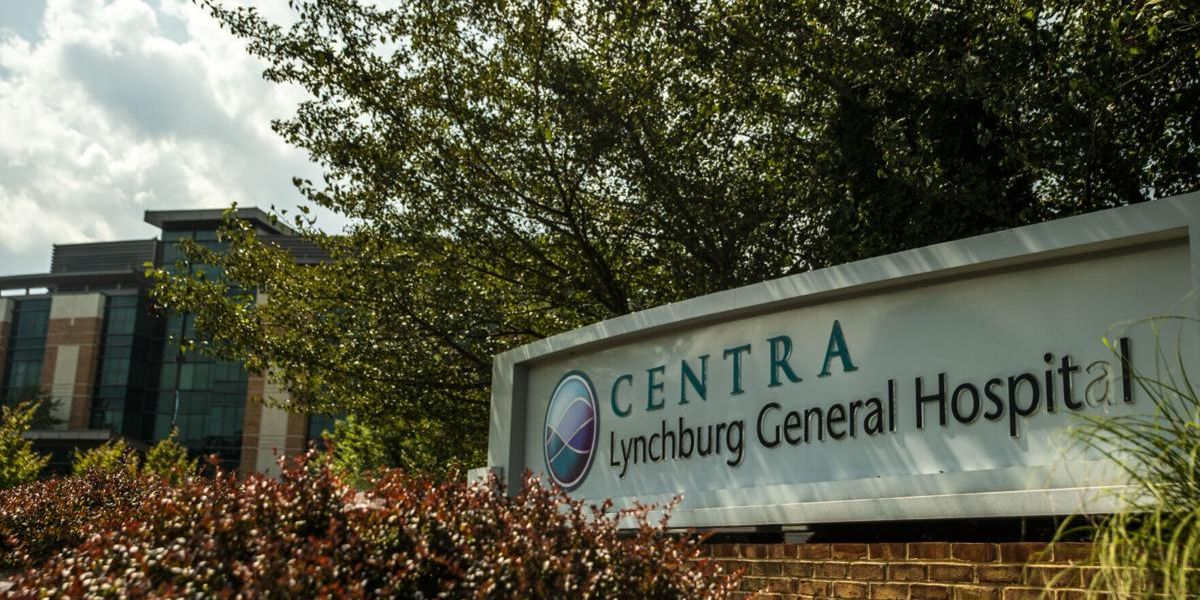Centra Health Takes Action Against Human Trafficking: Training to Identify Victims
LYNCHBURG, Virginia (WDBJ) – Centra Health is actively combating human trafficking at Lynchburg General Hospital. “More than 80% of trafficking victims who seek help are not identified… So we don’t want that to happen in our neighborhood,” said Joy Cover, President of Freedom 4/24.
April Rasmussen and her committed team of forensic nurses, as well as Cover with Freedom 4/24, have worked for years to design specialized policies and educational initiatives to address the issue.
“Our anticipation with training the medical community is that they can start asking the right questions, they can acknowledge when something is happening, and just have a questioning attitude,” Rasmussen said in a statement. The program would require Centra’s emergency department physicians and behavioral health providers to get human trafficking prevention training on how to identify victims.
Centra has designed its instructional curriculum to fulfill the standards set by Texas law, which requires healthcare providers to complete human trafficking prevention training in order to be credentialed. This allows the Center to prepare for potential future Virginia rules by ensuring that its training fulfills the appropriate requirements.
Centra’s professional development team is now examining the program. Once accepted, doctors and advanced providers can get two hours of Continuing Medical Education (CME) credit for an in-person program. Nurses will also be able to complete a one-hour CME credit course, with plans for further training opportunities in the future. Virtual classes are likely to follow.
“You know, these individuals have been in all types of trafficking circumstances from infancy to maturity, and they’re really dealing with some big medical concerns as a result, and they’ve had communication with the medical community, which hasn’t been supportive. So people are already afraid to speak up in the medical community, and we are working hard to alter that,” Rasmussen explained. According to Rasmussen, the trafficker is often known to the victim. This, and other considerations, can make it difficult to come forward.
“It’s critical that you communicate with these individuals in a way that makes them feel comfortable and safe. They’re in a scenario where it might not be the easiest conversation or communication. And so you don’t want to do something that will mess it up and exacerbate the condition,” Rasmussen explained.
The lessons will be delivered initially to Centra employees and thereafter to other hospitals. Classes are slated to begin on June 29.
There will be a cost for non-central providers.

